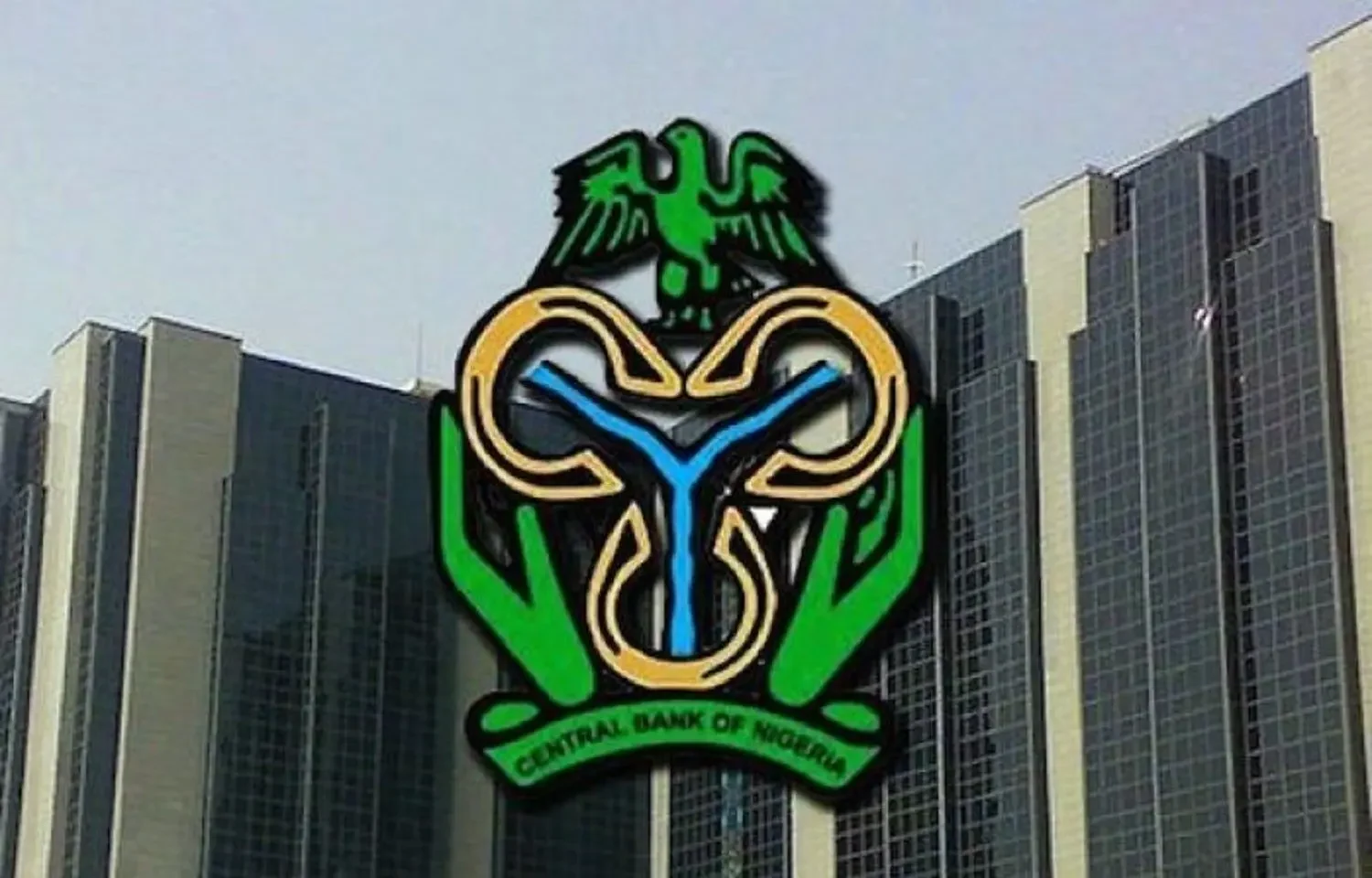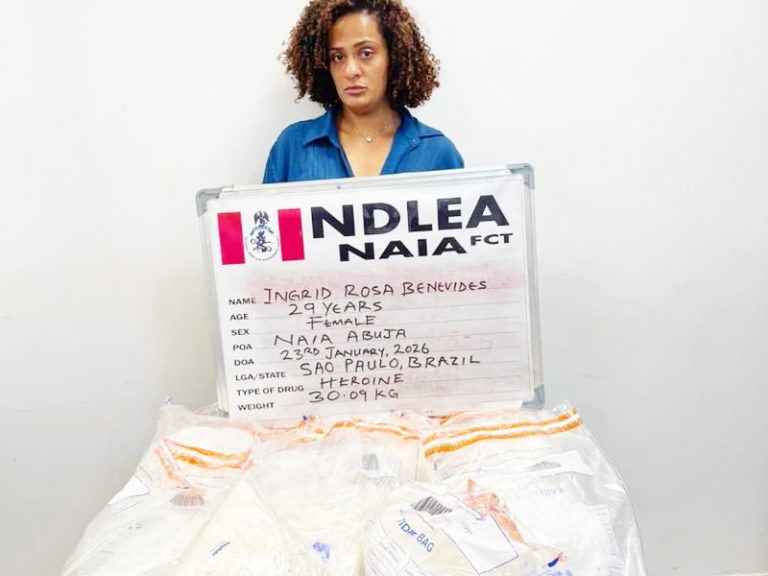
Regulator reports stronger sector compliance, credits recapitalisation push for improved investor confidence and recent rating upgrades…
The Central Bank of Nigeria (CBN) says 16 banks have now met its recapitalisation benchmark, signalling steady progress as the financial sector races toward the March 2026 compliance deadline.
CBN Governor Olayemi Cardoso announced the updated figure on Tuesday at the end of the Monetary Policy Committee (MPC) meeting in Abuja. It reflects an improvement from the 14 banks that had met the threshold as of the last MPC meeting in September, a development the Bank says demonstrates the industry’s growing commitment to the ongoing reforms.
“The committee noted with satisfaction the sustained resilience of the banking system, with most financial soundness indicators within regulatory thresholds,” Cardoso said.
He added that MPC members “acknowledged the substantial progress in the ongoing recapitalisation programme, with 16 banks achieving full compliance with the revised capital requirements.”
The MPC urged the CBN to ensure a smooth completion of the recapitalisation exercise, describing it as a key pillar of domestic financial-sector stability.
CBN Links Progress to Improved Investor Sentiment
The apex bank also highlighted improved coordination between fiscal and monetary authorities, which it said contributed to Nigeria’s recent sovereign credit rating upgrade and the country’s removal from the Financial Action Task Force (FATF) grey list.
According to the MPC, these milestones are expected to boost investor confidence and support stronger capital inflows.
Recapitalisation as a Structural Reform
The recapitalisation drive announced last year is designed to fortify the banking system, enhance its ability to absorb external shocks, and position lenders to meet the economy’s expanding credit needs.
Some of the banks that have already crossed the capital threshold include:
Access Bank, Zenith Bank, GTBank, Wema Bank, Jaiz Bank, and Stanbic IBTC.
In March 2024, the CBN directed banks with international licences to raise their capital base to ₦500 billion, while those with national authorisation must meet a ₦200 billion minimum.
MPC Holds Interest Rate at 27%
Meanwhile, the CBN maintained the Monetary Policy Rate (MPR) at 27%, sustaining its tight monetary stance aimed at curbing inflation and stabilising the foreign exchange market.
Cardoso noted that early signs such as gradual moderation in inflation and improved foreign exchange liquidity show the tightening measures are beginning to pay off. While inflationary pressures remain, the MPC believes holding the benchmark rate is necessary to support price stability and anchor market expectations.



